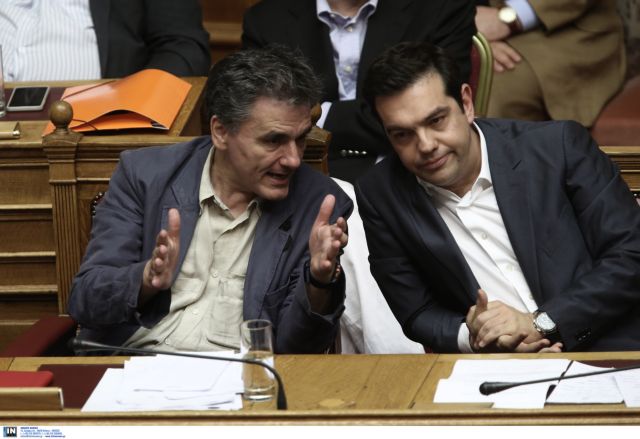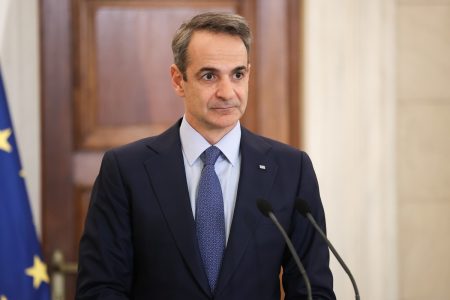Despite the recent development on short-term debt relief for Greece, the bailout program review has not yet concluded. Aside however from the review itself, the role of the International Monetary Fund in the Greek program has not yet been resolved. Given the recent clash between the European Commission and the IMF’s Poul Thomsen in relation to Greece, the negotiations to follow will not be easy. Furthermore the stance of the new US government on the IMF’s role in the Greek program also remains uncertain, further complicating negotiations, given that the Greek government desires a conclusion by the Eurogroup scheduled for 26 January.
Although there is uncertainty over the new US government’s stance, one of the likelier scenarios is that the IMF will not fully participate in the Greek program, meaning that it will not provide any funding. A report in Ta Nea cites a source in contact with German Finance Ministry, which claims that this will not be without a cost for the Greek government. Specifically, the source notes that the German government has changed its stance stance in relation to the review, in light of the Greek Finance Minister’s letter to the Eurogroup chief. The source further adds that Germany will attempt to separate the review from the IMF’s participation in the t program. As such, the program will conclude, irrespective of the Fund’s participation.
Based on recent statements by Eurogroup chief Jeroen Dijsselbloem, this appears to have been a condition for Germany. However, the source underlines, for Germany to agree to such a development, it will demand “IMF style” measures from the Greek government, such as further tax reforms and pension cuts. As such, the 20 February Eurogroup appears like a more realistic date for an agreement to be reached between Greece and its creditors. The Greek government’s ultimate aim is to be included in the ECB’s quantitative easing program, which cannot occur before the ECB’s board meeting on 9 March.





